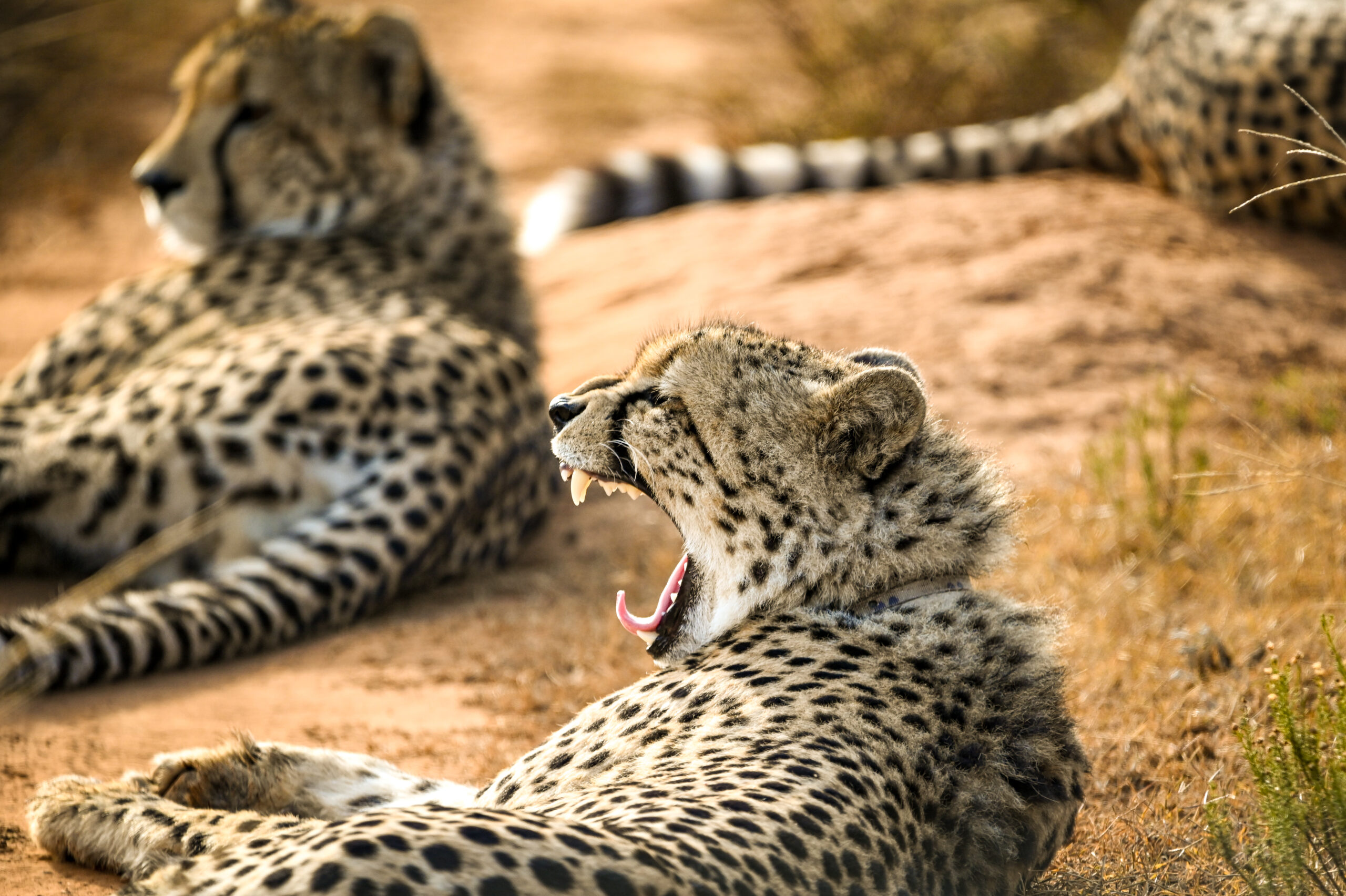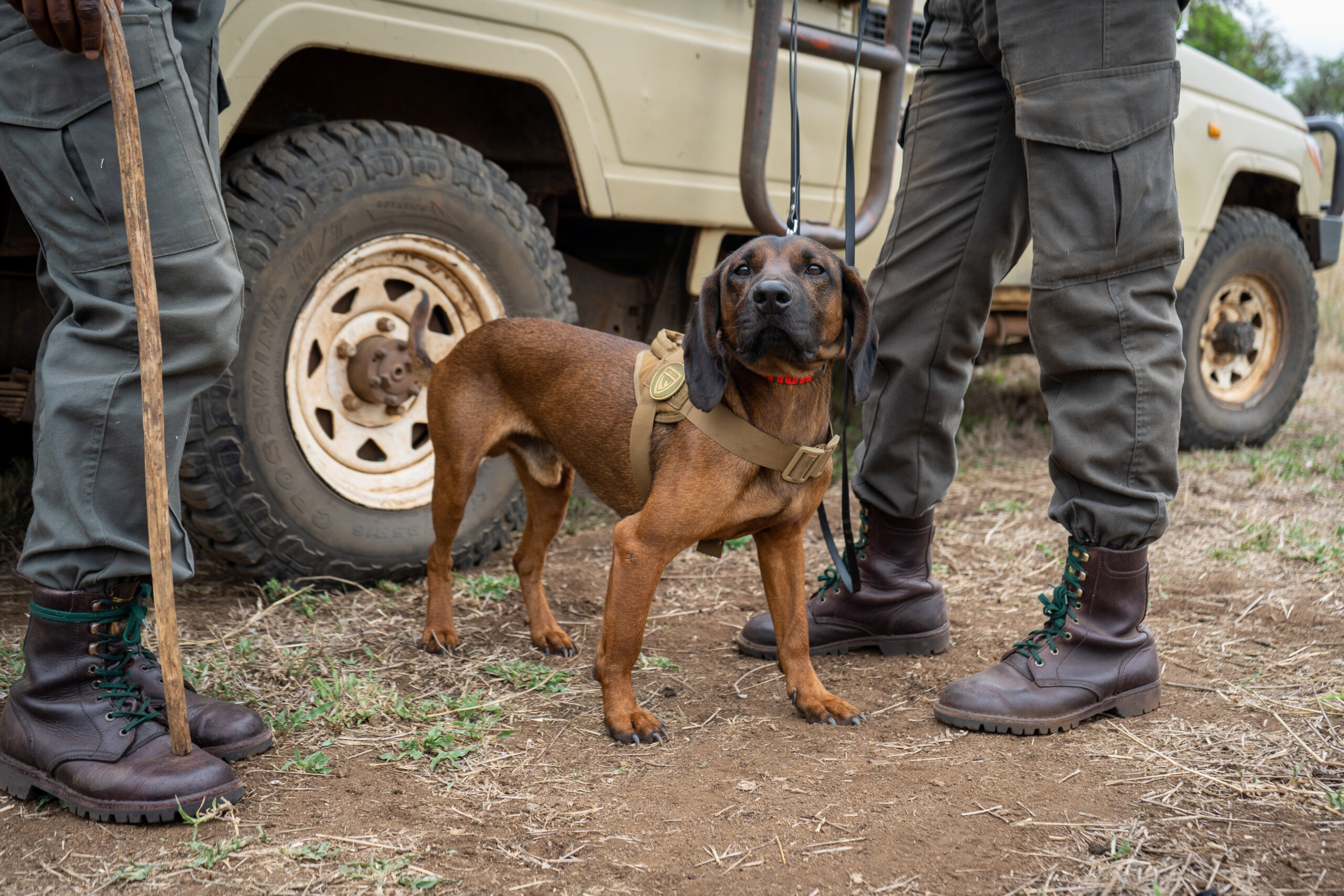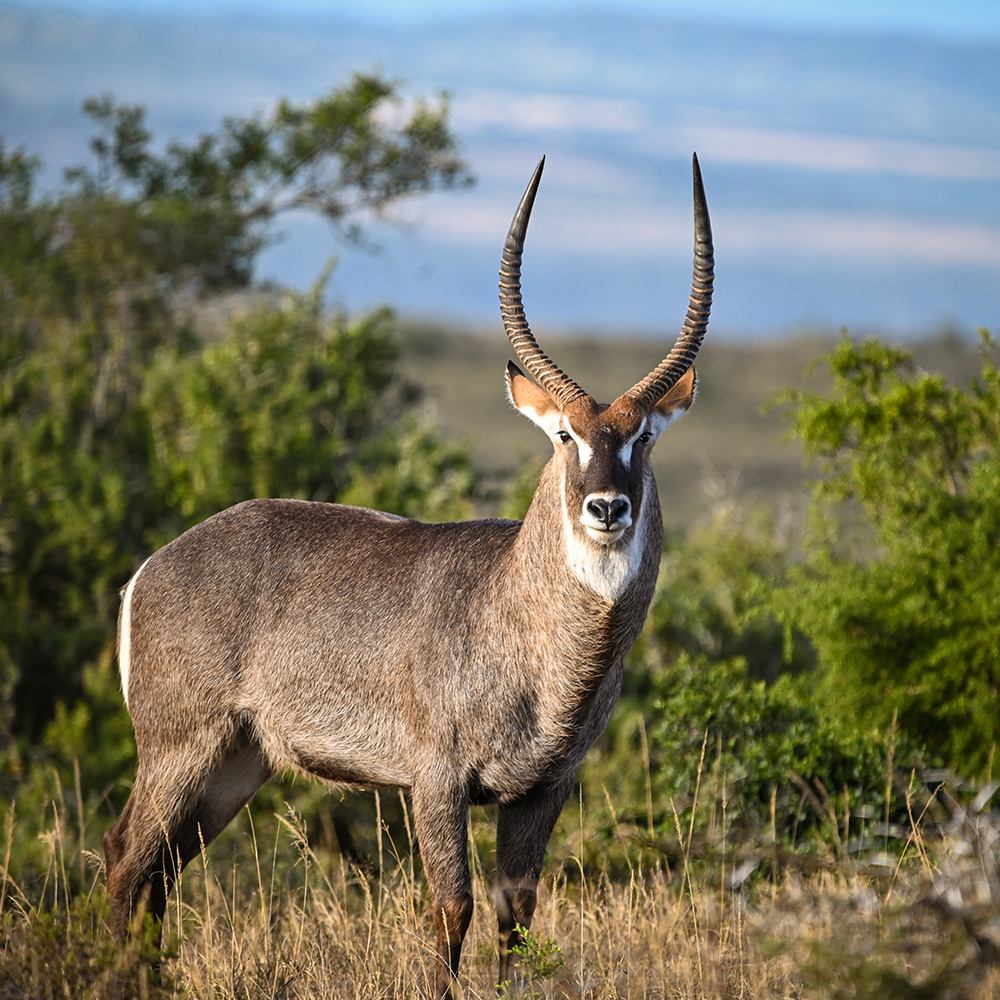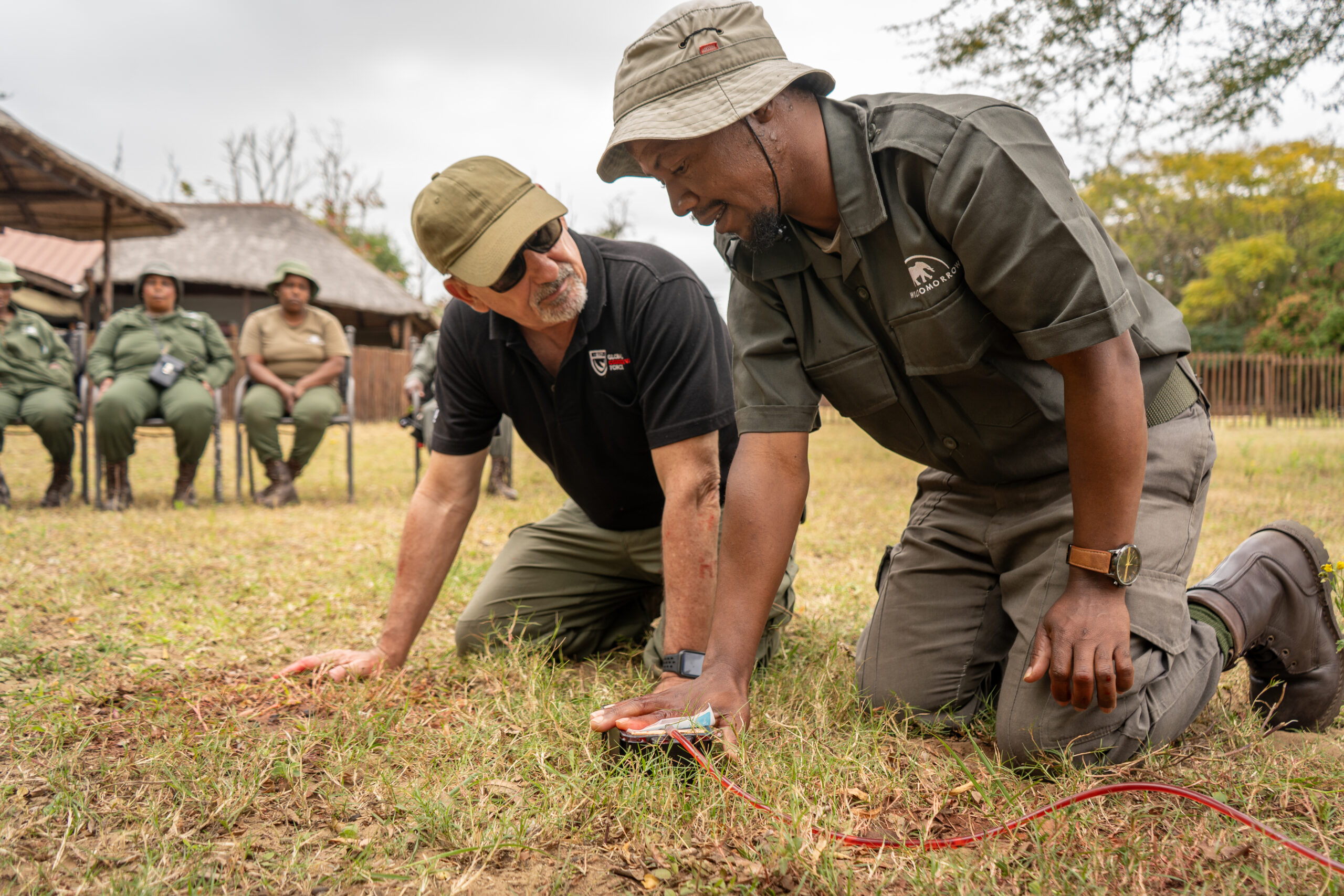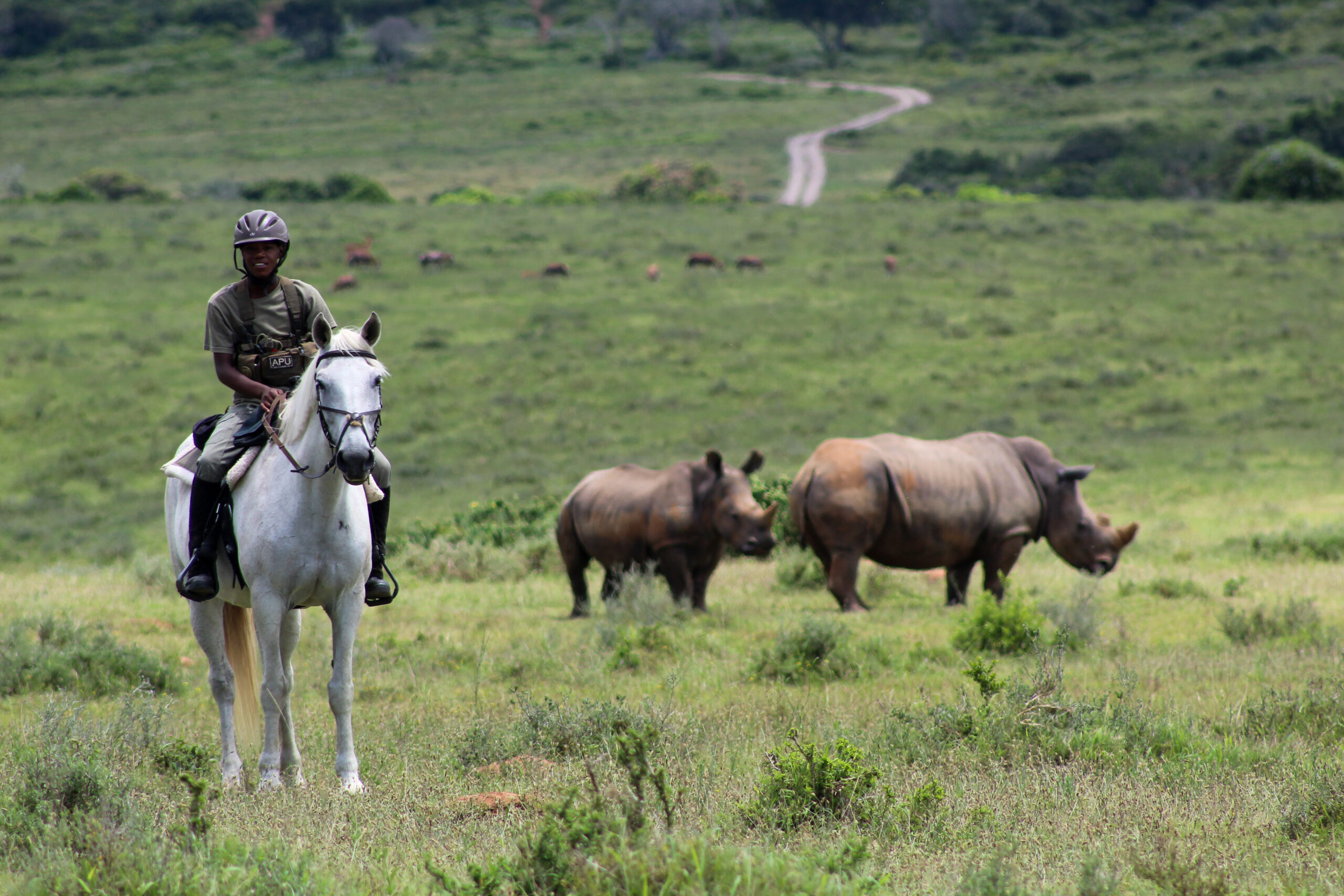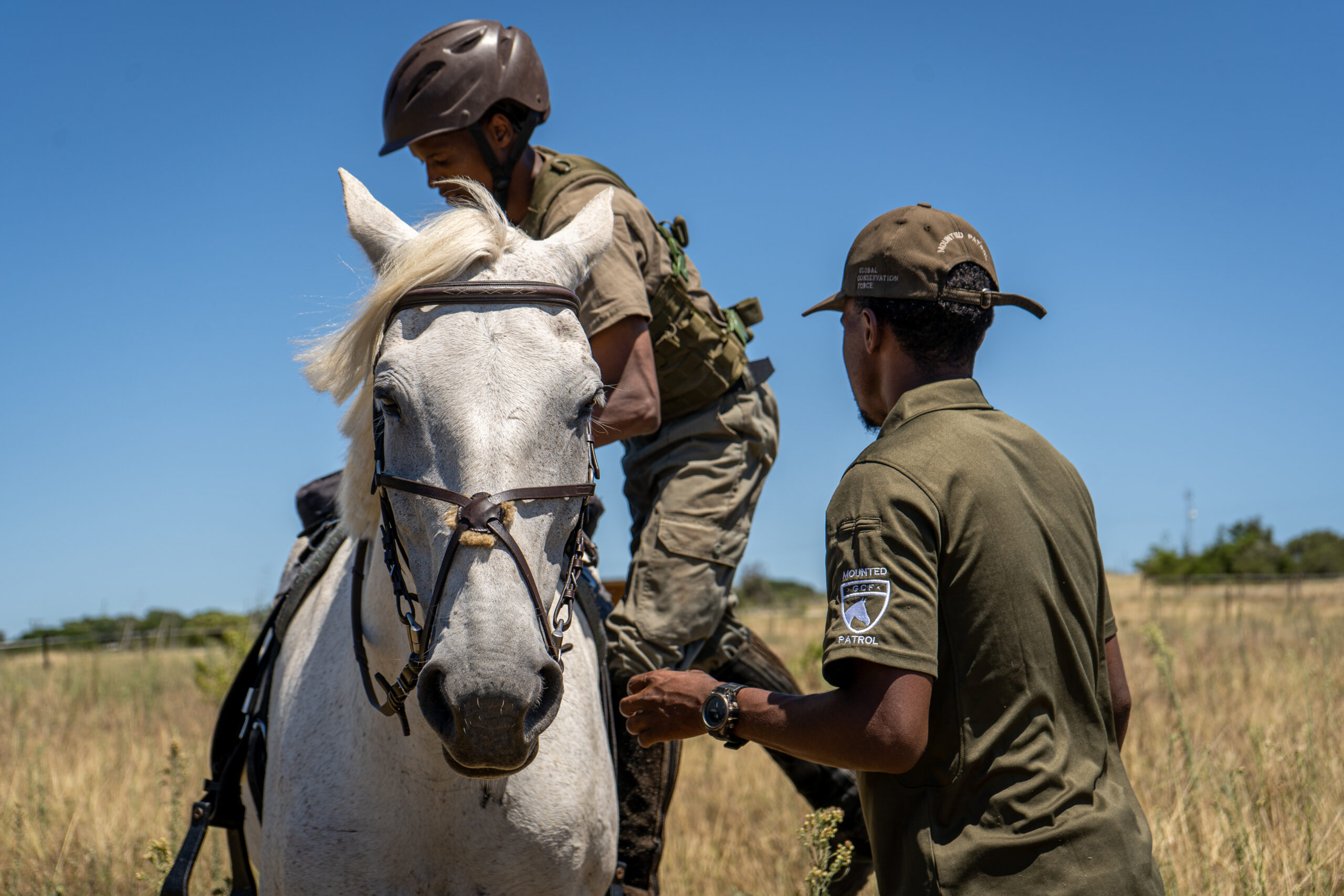Ranger Training
Global Conservation Force (GCF) is dedicated to enhancing the efficiency and effectiveness of anti-poaching teams worldwide through comprehensive ranger training programs. GCF collaborates with leading global and local experts to develop and implement training initiatives that address the evolving challenges of combating illegal poaching and wildlife crime.
GCF's ranger training programs are designed to provide participants with the skills, knowledge, and tools needed to protect wildlife and natural habitats effectively. These programs cover a wide range of topics, including wildlife identification, tracking, surveillance techniques, crime scene investigation, and community engagement. By working closely with experts in these fields, GCF ensures that its training programs are cutting-edge and relevant to the needs of modern conservation efforts.
One of the key aspects of GCF's ranger training is its focus on practical, hands-on learning. Participants have the opportunity to learn from industry experienced instructors and apply their skills in real-world scenarios. This practical approach not only enhances the learning experience but also prepares rangers to effectively respond to poaching threats in the field.
In addition to training initiatives, GCF also provides ongoing support and mentorship to rangers, helping them to continuously improve their skills and stay abreast of the latest developments in anti-poaching techniques. By investing in the professional development of rangers, GCF is able to create a network of highly trained conservationists who are committed to protecting wildlife and combating illegal poaching.
GCF's ranger training efforts are a critical component of its conservation strategy. By working with leading experts and providing comprehensive training programs, GCF is able to enhance the capacity and effectiveness of anti-poaching teams worldwide, ultimately helping to protect endangered species and preserve biodiversity for future generations.
Global Conservation Force (GCF) conducts an annual 5-week anti-poaching course in partnership with local organizations in the Eastern Cape of South Africa. The program targets candidates from nearby rural communities, providing them with essential skills and knowledge for working as field rangers (anti-poaching rangers).
The course curriculum is designed to give recruits a strong foundation in various aspects of wildlife protection and conservation, including wildlife identification, tracking, patrolling techniques, and community engagement. By drawing candidates from local communities, GCF aims to empower and involve these communities in conservation efforts, creating a sense of ownership and responsibility for the wildlife and natural resources in their area.
The course is sponsored for rural community members, removing financial barriers that may prevent individuals from participating. Upon completion of the program, graduates are awarded job placement and income opportunities, further incentivizing them to actively participate in anti-poaching efforts and providing them with a sustainable livelihood.
GCF’s annual 5-week anti-poaching course not only equips recruits with the necessary skills for wildlife protection but also creates positive impacts in local communities by offering job opportunities and fostering a sense of stewardship for the environment.
Global Conservation Force’s “Tactical Emergency Casualty Care and Field Medic Emergency Response” program is a groundbreaking training initiative designed to prepare rangers for the unique challenges they may encounter in the field. Unlike traditional first aid certification courses, this program goes beyond basic medical training to simulate real-life scenarios and provide rangers with the skills and confidence to handle emergencies effectively.
One of the key features of this program is its immersive nature. Rangers are exposed to realistic scenarios that incorporate elements of stress and pressure, similar to what they may experience during actual operations. This immersive approach helps rangers develop the mental resilience needed to make critical decisions quickly and effectively in high-pressure situations.
Another innovative aspect of the program is the use of fake blood and bleeding theatrics. By creating realistic wounds and injuries, rangers are able to practice their medical skills in a lifelike setting, ensuring they are well-prepared to respond to emergencies in the field.
Overall, Global Conservation Force’s “Tactical Emergency Casualty Care and Field Medic Emergency Response” program is a cutting-edge training initiative that equips rangers with the skills and confidence needed to handle medical emergencies in challenging environments. Through immersive scenarios and realistic simulations, rangers are prepared to provide life-saving care to both humans and wildlife, ultimately enhancing the effectiveness of conservation efforts worldwide.
Working K9 Assessments, K9 handler training, K9 Unit Skills Advancements, Integrations, and Advanced Operations
Global Conservation Force’s “Working K9 Assessments, K9 Handler Training, K9 Unit Skills Advancements, Integrations, and Advanced Operations” program stands out not only for its comprehensive nature but also for its exceptional instructors. Taught by some of the most experienced K9 trainers, rangers, and instructors in the field, this program offers a depth of knowledge and practical experience that is unmatched.
These instructors bring a diverse range of experiences to the program, having worked in various environments and faced numerous challenges in their conservation efforts. Their real-world field experience adds a unique dimension to the training, allowing them to impart valuable insights and practical skills to both K9s and handlers.
By learning from these experienced professionals, K9 teams are not only able to develop their operational skills but also gain a deeper understanding of the importance of their role in wildlife protection. This holistic approach ensures that K9 teams are not only highly efficient and effective but also motivated and committed to the cause.
Overall, Global Conservation Force’s program sets the standard for K9 training in conservation, thanks to its experienced instructors who bring a wealth of knowledge and field experience to the table.
Specialized, Advanced, and Custom Anti-Poaching Trainings
Global Conservation Force’s “Specialized, Advanced, and Custom Anti-Poaching Trainings” are designed to address specific needs identified by teams working in the field. These trainings are conducted by highly experienced instructors with expertise in wildlife law enforcement, conservation, and anti-poaching operations.
The program covers a wide range of advanced skills and techniques essential for effective anti-poaching operations. This includes tactical man-tracking, which allows rangers to locate poachers and track their movements in challenging terrain. Arrest procedures are taught to ensure that arrests are conducted safely and effectively.
Clandestine operations in dangerous game habitats are also covered, preparing rangers for covert operations in high-risk areas. Remote and extended patrols are taught to enhance the rangers’ ability to cover large areas and protect wildlife in remote locations.
Surveillance and suspect interview processes are important skills for gathering intelligence and building cases against poachers. Crime scene investigation and securement are essential for preserving evidence and ensuring successful prosecution.
Safe firearms handling and patrol techniques are crucial for rangers working in dangerous environments. Advanced firearms training provides rangers with the skills needed to effectively use their weapons in high-pressure situations.
Night operations in dangerous game habitats are particularly challenging and require specialized training. The use of drones in conservation and wildlife protection is also covered, providing rangers with an additional tool for monitoring and protecting wildlife.
Overall, Global Conservation Force’s “Specialized, Advanced, and Custom Anti-Poaching Trainings” provide rangers with the advanced skills and knowledge needed to protect wildlife and combat poaching effectively. The program is tailored to the specific needs of the teams involved, ensuring that rangers are equipped to handle the challenges they may face in the field.
Application link for external ranger teams or units to apply for assistance
CONNECT
- P.O. Box 956 Oceanside, CA 92049
- info@globalconservationforce.com
- EIN 474499248
- Copyright 2024. All Rights Reserved. Powered by Wild Media.

